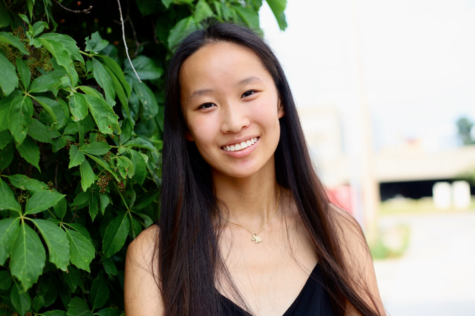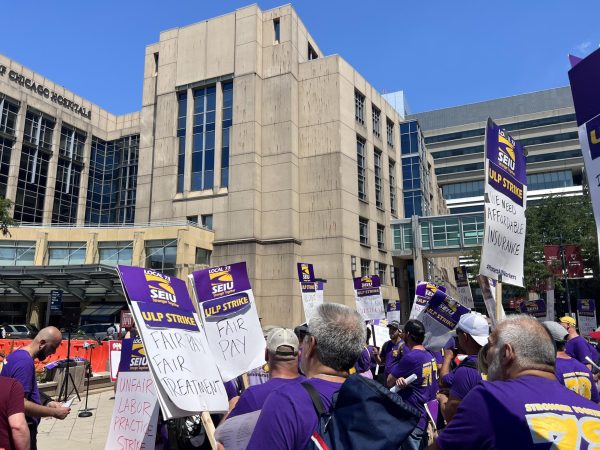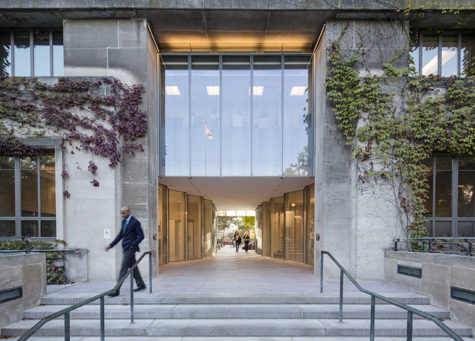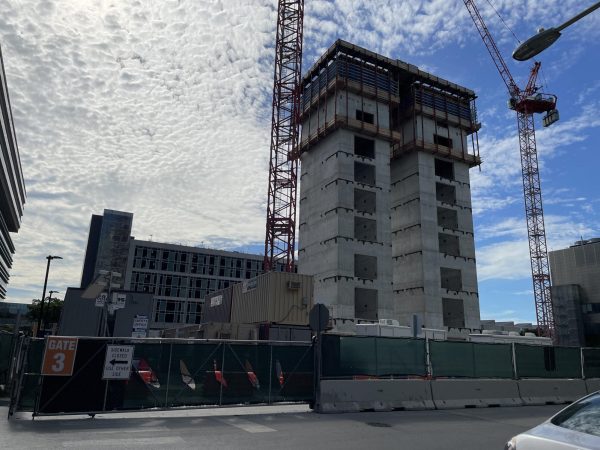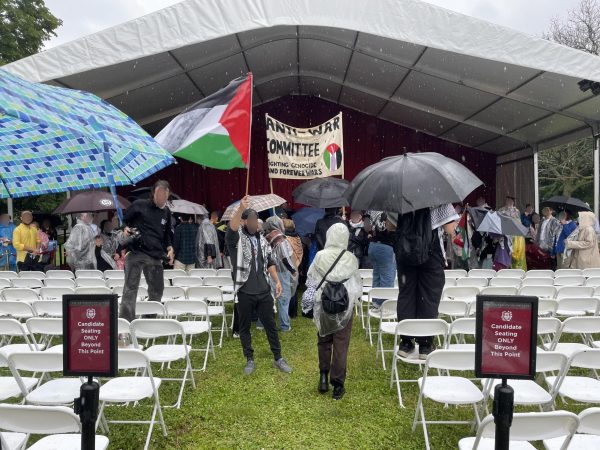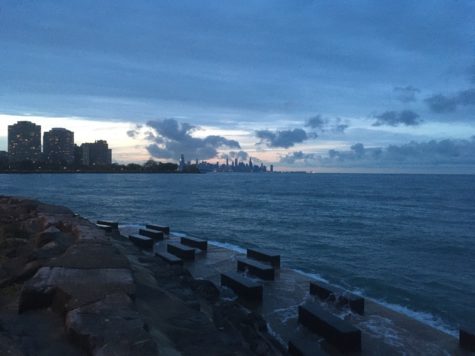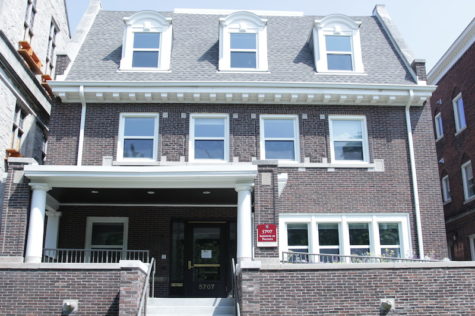UCMed Receives $300,000 Grant From American Cancer Society for Patient Navigation Program
The 30-month grant will support a new program to streamline and individualize oncology patients’ treatment.
The UChicago Medicine campus.
March 27, 2023
The University of Chicago Medicine Comprehensive Cancer Center (UCCCC) received a $300,000 Navigation Capacity-Building Initiative grant from the American Cancer Society (ACS) to create an accessible and centralized navigation system for adult cancer patients with a wide range of needs, as announced in a January 11 press release.
The ACS describes patient navigation as a patient-centric healthcare delivery model in which patients and their families receive individualized assistance to help overcome barriers to high quality and timely care. These barriers may include insurance status, language differences, and health literacy.
Gynecologic oncologist Nita Karnik Lee is the principal investigator for the ACS grant and the cancer center’s assistant director for community outreach and engagement. In an interview with *The Maroon*, she stressed how patient navigation requires the cooperation of a diversity of teams and departments.
“If we think about the cancer care continuum, we think about risk reduction, screening, follow-up from screening, access to quality treatment. Once you’re on treatment, are you getting navigated for financial, social, and physical needs? Are you getting navigated for survivorship and psychosocial needs?” Lee said. “The ACS grant is meant to help us design our whole program around the needs of the most vulnerable.”
The program intends to standardize patient navigation across the UCCCC and streamline the way patients are connected to the resources they need.
One of the first steps being taken to build this program is gathering feedback from community members and partners about the current gaps they see in cancer care. As an assistant director for the cancer center, Lee works with key stakeholders, community members, and partner organizations to better understand and meet patient needs.
“Our feedback from our community partners, much of which is through our Cancer Center Community Advisory board, is that there’s a lot of fragmentation in the care of somebody who is diagnosed with cancer,” Lee said. “And it’s worsened when they don’t necessarily have as much support, or they require very complex care, like needing to see surgery, chemotherapy, and radiation.” Fragmentation in this case refers to a lack of coordination and connection between different healthcare providers and organizations, affecting quality of care, cost to the patient, and patient outcomes.
The Community Advisory Board is a group of volunteer members from the area who act as representatives for their community and regularly advise the University of Chicago Medical Center (UCM) on matters of interest. Clinical teams in the cancer center also recognize this disconnect, and the ACS grant is one resource that the hospital is utilizing to fill this gap.
Though the grant’s funding period is spread over 30 months, from July 1, 2022, through December 31, 2024, Lee explained that this process started before the ACS grant. The UCCCC has an existing supportive oncology unit, offering outpatient services during cancer treatment, and will benefit from increased visibility to the public and additional staff thanks to the grant funding.
“We showed that this was something that was going to enhance our vision of what navigation could be and that we were going to take the money and make an institutional commitment to sustain it,” Lee said. “Part of the grant hires social workers and specific navigators, increasing our central capacity for having a higher-level navigation team that can handle patient needs that go beyond the capacities of a patient’s core group of caregivers.”
Thirteen other hospitals received the ACS patient navigation grant, and the UCCCC team has been in monthly communication with them through Zoom meetings and engaging in learning communities. “We have group sessions on different topics related to navigation, and it’s very, very helpful to think about how different models of navigation may work,” said Lee.
The UCCCC team is currently planning to make sure that the right framework is being built. Different components of the patient experience are being mapped in order to identify the strengths and weaknesses of the current system. All the moving parts of the patient experience must be coordinated, so that it becomes more continuous.
Breast cancer, the most common cancer diagnosis in the United States, is being used as the first model, with a focus on designing effective and comprehensive screening procedures so that each patient will be “automatically triaged into social work or another downstream thing that they need,” Lee said.
Another essential part of the ACS patient navigation program will be found in UCM’s future freestanding cancer hospital planned to open in 2027. “The patient navigation office is going to have a central and visible role, where we have space for supportive oncology and potentially community education,” Lee said.
A physical space for patient navigation will increase awareness of available resources and serve as a hub for the entire program. Lee sees the work being done now as “a precursor of building the behind-the-scenes infrastructure that’s going to be necessary for our new cancer center.”
The UCCCC team is also interested in integrating the NowPow system, founded by Stacy Lindau, one of UCM’s practitioners. This platform, which is already built into UCM’s electronic medical record system, works to refer patients to resources outside of what UChicago offers, Lee said, and is just one digital resource that patients may not know exist.
“We are responsible for anybody who lives in our area. And that’s actually a five-county area, not just the South Side,” Lee said. People across Chicago face many barriers to healthcare, such as insurance cost and coverage, and Lee sees the new cancer center as a tremendous opportunity to combat this.
“A navigator needs to be able to navigate through U of C, but they also need to be able to navigate to any free screening program and other hospitals. This is an important area that the navigation grant is not necessarily specific around, but at the same time it is really important to think of UCM as one element of all these navigations as part of a larger system,” Lee said.



